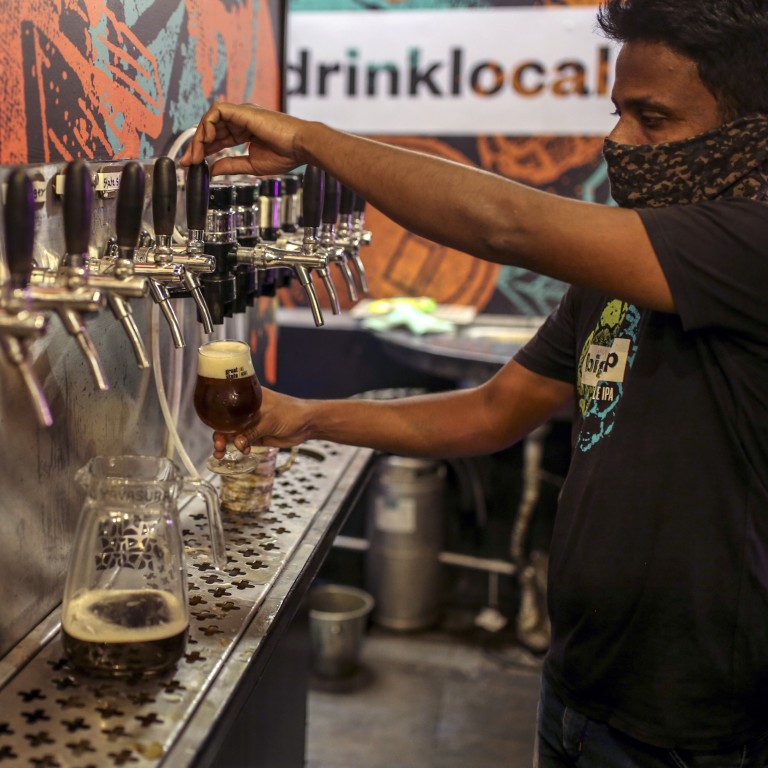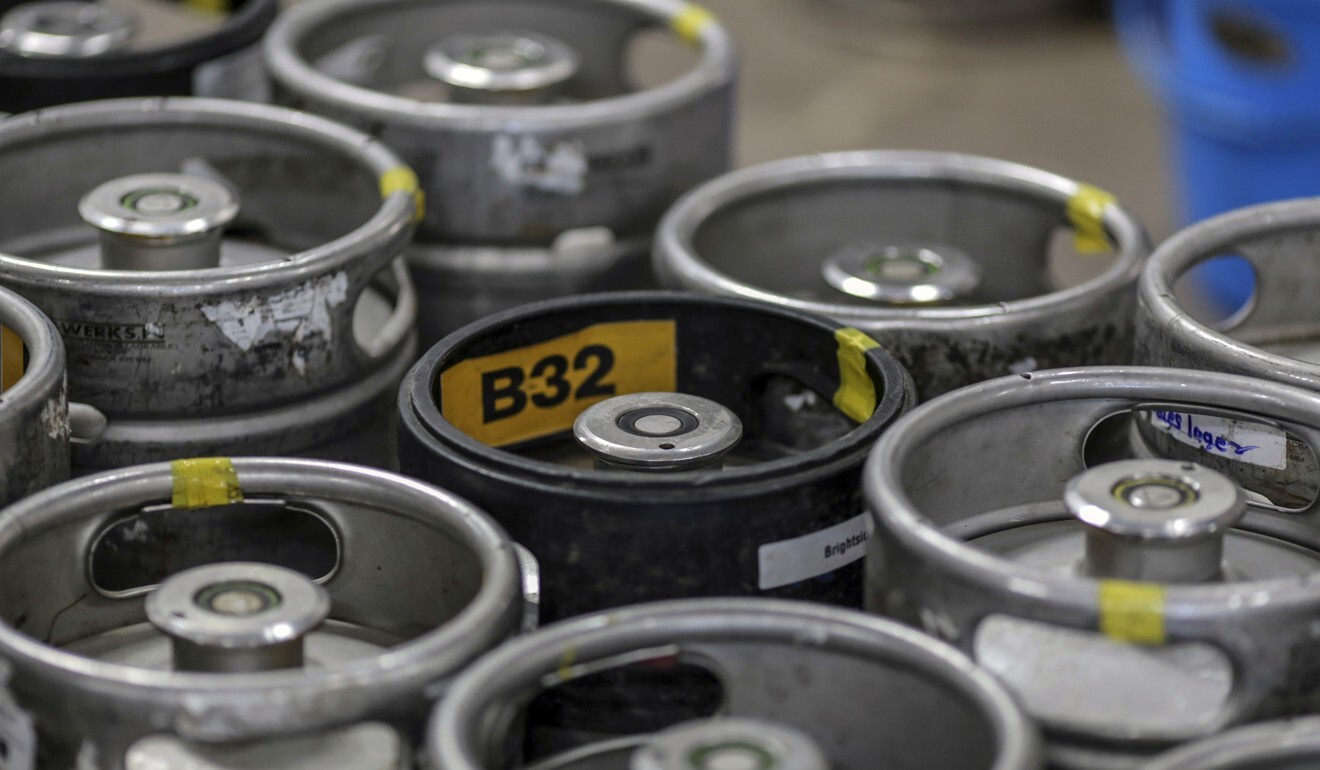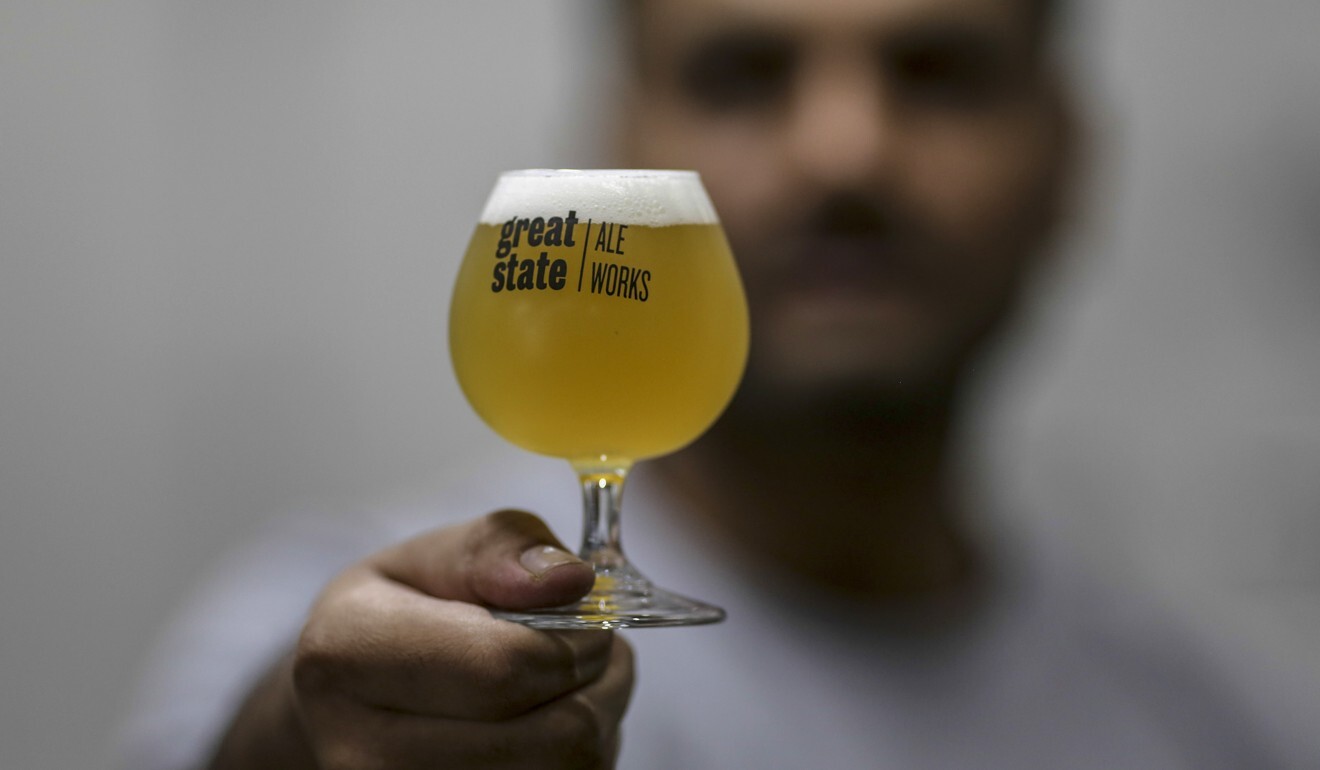
Amid China curbs, India’s beer boom offers Australia new market for its barley exports
- India has the potential to grow into one of the world’s largest consumers of beer and a lucrative destination for Australia’s excess barley stocks
- But phytosanitary issues, including a requirement that all shipments be free of certain weed species, still need to be overcome
Australia vows WTO action over China barley trade spat
“There’s a lot of business interest in the beer industry. There’s a lot of investment coming in slowly,” said Nakul Bhonsle, owner of Great State Aleworks, a microbrewery based in Pune, in India’s west. “As the younger generation grows older, there’s a drastic shift from hard liquor to beer and wine. So that shift will help us.”
With India’s population growing by 15 million per year, the industry will need to make an additional 2 million hectolitres of beer between 2019-24 – or 80 Olympic swimming pools worth, Bloomberg Intelligence predicts.

Any additional demand from brewers would be a boon for Australian barley prices, which slumped to among the cheapest in the world following China’s decision to apply 80 per cent tariffs as trade tensions between the two countries escalated. Without the China demand, exporters have been forced to price their premium grain at levels similar to lower-quality barley used in animal feed to remain competitive.
Still, there are reasons for optimism, after India this year said it would allow shipments of Australian barley that has been fumigated with a formerly banned chemical. And there are signs that New Delhi may be shifting away from its highly protectionist stance – in the 10 years to 2018, global exports of barley to India quadrupled, according to Abares, which expects the nation to start lifting imports across the agricultural sector.

Bhonsle became enamoured with craft beer while living in Brooklyn, where at the time, he was in a finance career he did not enjoy. It was when he tried his hand at brewing his own Belgian pale ale in 2014 – “and my first beer itself was delicious”, he says – that Bhonsle subsequently quit his job, returned to India and started his own brewing company.
The 34-year-old said he would “absolutely” use Australian malting barley if he could get his hands on it, adding that he had already been in talks with an Australian brewery about collaborating. “If it wasn’t for the pandemic, I would have probably even visited by now.”
An all-out trade war with China would cost Australia 6 per cent of GDP
As Australia seeks to diversify its grain trade away from China, its high-quality malting barley is already “starting to take off” in other developing markets throughout Asia because they can process it more cheaply there than in Australia, said Brent Sheahan, a grain farmer in northern Victoria.
“The barley that comes out of Australia is generally the highest quality barley in the world, so it gives you a pretty good bargaining chip when you are trying to venture into new markets,” he said.

